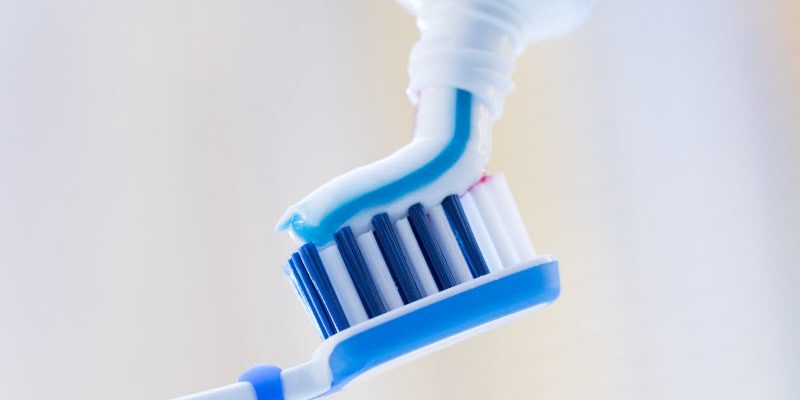The toothpaste aisle can be a bit overwhelming when you first see it, considering the variety of types available now. Some questions you may ask yourself are, what’s the difference, how do I know which kind to get? Well, have no fear because we are here to help you pick the best toothpaste for your smile!
First off, we must address that there are several types of toothpastes and you should be getting one tailored as closely to your oral conditions as possible. To get an initial idea, it’s simple, ask your dentist! A quick trip to the dentist’s office can give you insight on what kind of toothpaste you should be looking for. Some of the different types include:
Tartar Control: Tartar control toothpaste is very effective in keeping teeth healthy because it helps reduce tartar buildup. Tartar is visible buildup in your mouth that is caused by plaque that has not been brushed away. Tartar is very difficult to get rid of, as it requires a dental visit. This toothpaste is good to prevent buildup and keep teeth healthy and clean.
Whitening: Whitening toothpaste is meant for people who desire a brighter smile. Whitening toothpaste contains peroxide, which removes stains from the outmost layer of tooth enamel. Whitening toothpastes do the job but, can cause major tooth sensitivity if overused.
Tooth Sensitivity: For people with major tooth sensitivity, Sensitive Teeth toothpaste is for you. Sensitive teeth toothpaste can help prevent overall oral discomfort caused by sensitivity, and can also help get rid of tartar and any other unwanted buildup.
Fluoride: Fluoride toothpaste is great if you’re looking for a strong formula that can prevent decomposition of tooth enamel over time, strengthen your teeth, and reduce tooth sensitivity. However, before you buy any make sure it has the American Dental Association Stamp of approval, to ensure the toothpaste is safe to use.
Choosing the right toothpaste for your mouth is extremely important to ensure your unique smile shines. If you aren’t quite sure what would be best for you, don’t hesitate to ask your dentist at your next visit!







